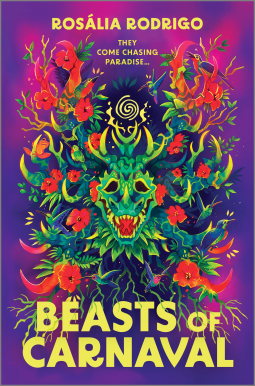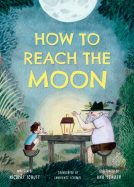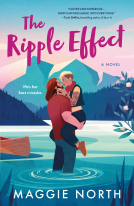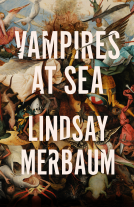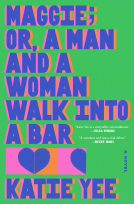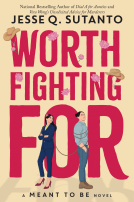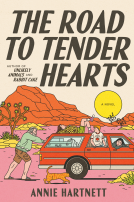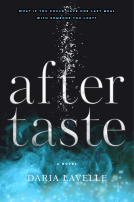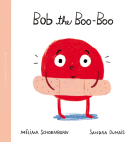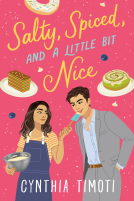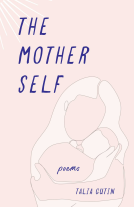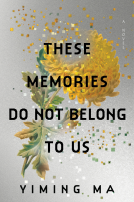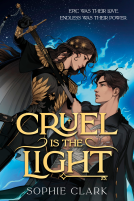Beasts of Carnaval
A Novel
by Rosália Rodrigo
You must sign in to see if this title is available for request. Sign In or Register Now
Send NetGalley books directly to your Kindle or Kindle app
1
To read on a Kindle or Kindle app, please add kindle@netgalley.com as an approved email address to receive files in your Amazon account. Click here for step-by-step instructions.
2
Also find your Kindle email address within your Amazon account, and enter it here.
Pub Date Jul 29 2025 | Archive Date Aug 12 2025
Talking about this book? Use #BeastsofCarnaval #NetGalley. More hashtag tips!
Description
When night descends, el Carnaval de Bestias rises.
Within the shores of Isla Bestia, guests from around the world discover a utopia of ever-changing performances, sumptuous feasts and beautiful monsters. Many enter, but few ever leave—the wine is simply too sweet, the music too fine and the revelry endless.
Sofía, a freedwoman from a nearby colonized island, cares little for this revelry. Born an enslaved mestiza on a tobacco plantation, she has neither wealth nor title, only a scholarly pragmatism and a hunger for answers. She travels to el Carnaval de Bestias in search of her twin brother, who disappeared five years ago.
There’s a world of wonder waiting for her on the shores of this legendary island, one wherein conquerors profit from Sofia’s ancestral lands and her people’s labor. But surrounded by her former enslavers, she finds something familiar in the performances—whispers of the island’s native tongue, music and stories from her Taike’ri ancestors…a culture long hidden in the shadows, thrust into the light.
As the nights pass, her mind begins unraveling, drowning in the unnatural, almost sentient thrall of Carnaval. And the sense that someone is watching her grows. To find her brother and break free, Sofia must peel back the glamorous curtain and face those behind Carnaval, before she too loses herself to the island…
Available Editions
| EDITION | Other Format |
| ISBN | 9780778387237 |
| PRICE | $28.99 (USD) |
| PAGES | 400 |
Available on NetGalley
Featured Reviews
Thank you so much to The Hive at Harlequin press for the e-arc!!! I think this is going to be in my top three favorites of 2025. It’s a story that’s as vibrant as the cover is. The writing is beautiful and takes you on such a journey that feels like a fever dream in the best way. I love the Caribbean culture and learning about a very real topic that I would like to research more of. Sofia is an amazing character and shared so much resilience and care despite everything she has been through. I think this is such a stunning book, and I can’t wait to buy it when it comes out! 5 stars.
 Ellie P, Reviewer
Ellie P, Reviewer
5/5 stars
Recommended if you like: Wonderland-esque worlds, pragmatic MCs, found family, anti-colonialism
This review has been posted to Goodreads as of 4/9 and will be posted to Instagram 5/17 and to my review blog 5/29.
Isla Bestia is a dream of an island. Upon arrival, guests don masks and enjoy the Carnaval party from sundown to sunrise. Their every need is met, with drink and elaborate food, only outcompeted by the ever increasing extravagance of the carnavaleros and the various set pieces aimed at inspiring awe. The setting was lush and gorgeous. I definitely felt like I was there with Sofía as she experienced the wonders of the island. I particularly liked the early experiences on the island, where we see things like a hedge maze full of trick mirrors and an underwater cavern that tells the story of the island and its people.
Despite the glamour and extravagance of the island, not all is as it seems, and there's a darker undercurrent threading beneath the party. It was interesting to see how Rodrigo played with the senses and sense of time while Sofía was at Carnaval. She starts out very clear-headed and determined to systematically investigate until she finds her brother. But as more time passes and her searches turn up empty, it becomes harder to cling to that pragmatism. As she turns to other avenues of investigating, she slowly becomes ingratiated into Carnaval, and it becomes less and less clear where the line is between reality and dream.
While I enjoyed a lot of the Carnaval sequences, at a certain point the dreaminess became a bit boring and I was ready for Sofía to once more focus on her goal of finding her brother. Luckily, there's really only a chapter or two of that dream-like state before Sofía gets herself back on track. That being said, I actually really enjoyed the tone shift at that point, and I feel like those two chapters of dreamy revelry really helped set it up to be impactful. As mentioned, Carnaval has a dark side, and with her probing questions, it's inevitable that Sofía runs aground of that darker side. Those scenes were eerie in a different way than Carnaval previously was, and I enjoyed the increasing fever-dream nature of what was going on.
Awakened to the truth of the island's revels, Sofía is finally able to peak behind the curtain and begin understanding the truth of what's really going on, including why she keeps hearing whispers of Taike'ri, the native tongue her mother spoke in whispers. There's actually a good amount in this book about language. The language of power, of categories. The language kept alive in the shadows of colonialism and slavery and struggle. The reignition of that language as a form of resistance. As a linguist specializing in language revitalization, I really enjoyed seeing that focus and particularly the celebration of revival.
But beyond language, Isla Bestia hides a sanctuary for the very people the Carnaval revelers look down upon and abuse. It serves as a place where they can reclaim their history and identities, and where resistance can range from the big (active) to the small (living happily). The second half of the story really focuses on healing, survival, and acts of resistance. We get to see a thriving community that's built something despite the odds, and Sofía gets to see another way to live. One that isn't so hampered by the Hisperians and their beliefs.
Sofía as a character has definitely been through a lot. She lost her brother five years prior to the opening of the book and Emancipation happened only two years before the beginning of the book. She still bears the physical and mental scars of what happened, though she's focused first and foremost on finding her twin before taking the time to process and recover. That being said, those experiences are bubbling under the surface and she regularly feels the pain of them.
I will say, I appreciate a pragmatic character, but she was driving me a little crazy with her insistence on disbelieving her eyes and ears. On the one hand I get it, if you're a scientist and live in a world sans magic, you're going to look for the seams. On the other hand, when you're shown magic again and again and again, at some point you have to accept what you're seeing.
Sofía's relationship with Adelina was particularly interesting. Sofía was 'gifted' to Adelina when they were seven, meant to be her handmaiden, though the two grew to be close like sisters. Adelina clearly loves Sofía and champions her writing, and while Sofía loves her back...she also cannot forget how they originally met and how they lived for nearly a decade. It's an interesting tension and it obviously had to come to a head at some point. I enjoyed their friendship, but I also think they ended up in a good place.
Readers who liked this book also liked:
Nicolás Schuff (Author), Ana Sender (Illustrator), Lawrence Schimel (Translator)
Children's Fiction
